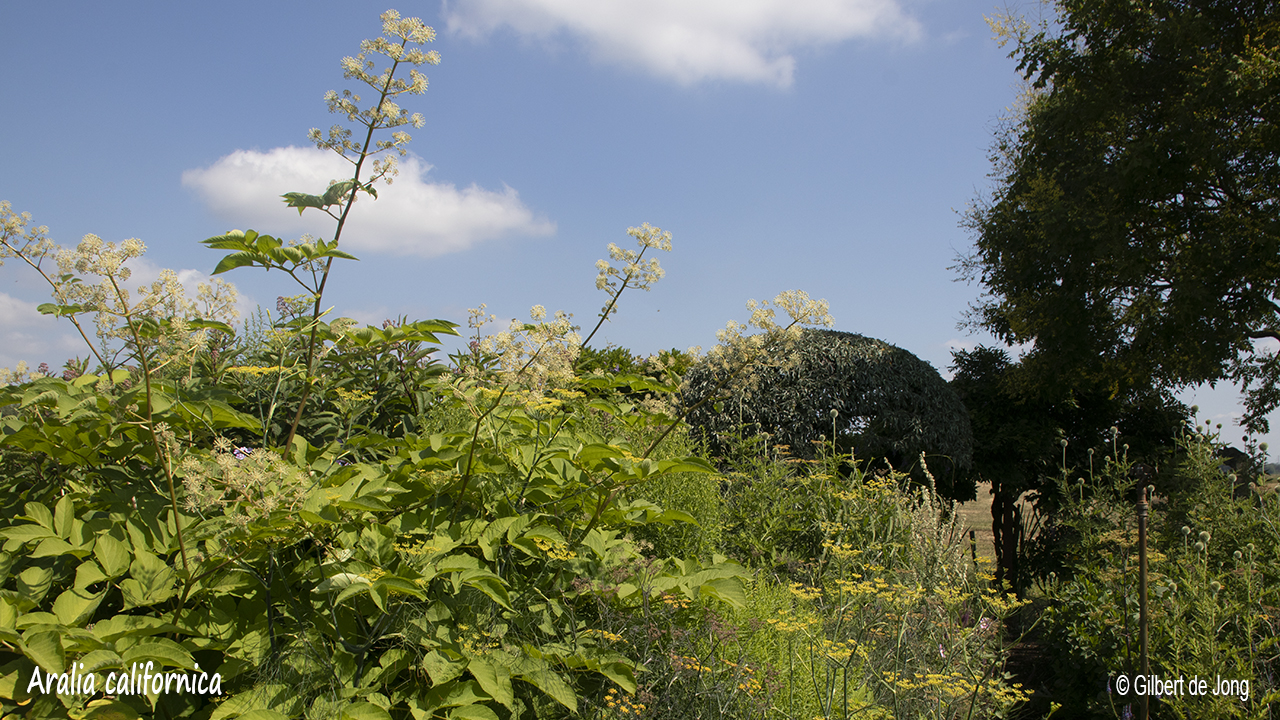

Whatever drive and struggle and friction got Oudolf where he is today can only be guessed at, but as the film captures him, well established and sought-after, his delight in his gardens, and in nature itself, couldn’t be clearer. Seattle Film Festival: 'Won't You Be My Neighbor?' Wins Best Doc Audience Award “Is he following you?” the clerk asks Oudolf, who responds, “I’m leading him.” In terms of what makes Oudolf tick, only a couple of sequences scratch the otherwise gentle surface: the scenes of him as a dazzled tourist in Texas, and a moment in a supermarket when he answers a deli counterman’s joking question about cameraman Piper. Scenes of him being interviewed, or in conversation with colleagues and collaborators, are more explanatory than revelatory.

Perhaps tellingly, Oudolf notes that his formative years, spent helping out in his parents’ restaurant, immersed him in the world of work rather than family life. Oudolf calls Anja “the big force behind me,” but although she appears briefly in the film, there’s no sense of their life together. The property, with its gardens and nursery, now draws visitors from around the world. His biography is distilled to a few essential details, the most germane being the early-1980s auction purchase by him and his wife, Anja, of land in Hummelo, a village in the Netherlands, that set the somewhat floundering young husband on his professional path. “It’s not September anymore,” the septuagenarian says with bittersweet self-awareness, just before he’s shown wielding a scythe to prepare a garden for renewal. The film regards not just the seasons of the year but the seasons of Oudolf’s life. His emphasis on the changing seasons highlights the ways the gardens adapt and thrive.

His multihued drawings are a delightful cross of simplicity and sophistication (and the eventual subject of an exhibition), and Piper effectively connects the studio work to the field work, when the selected shrubs and herbs and grasses are set in the ground. Piper opens the film, intriguingly, with the scratch of markers on drafting paper as Oudolf sketches a new garden plan. A complex, dimensional portrait of Oudolf never quite emerges, though, and the brief doc, however lovely, lacks an essential dynamism that would make it truly compelling. “And I let them perform.”Įvocatively scored by David Thor Jonsson and Charles Gansa, and handsomely shot by the director, the film is, at its strongest, an inspiring sensory immersion in that performance, one in which the (mostly unidentified) plants are the stars. It’s a curated wildness “I put plants onstage,” Oudolf says. As he follows Oudolf’s travels through Europe and the States to completed projects and works-in-progress, director Thomas Piper illuminates the striking, seemingly rough-hewn beauty of his subject’s landscapes.


 0 kommentar(er)
0 kommentar(er)
